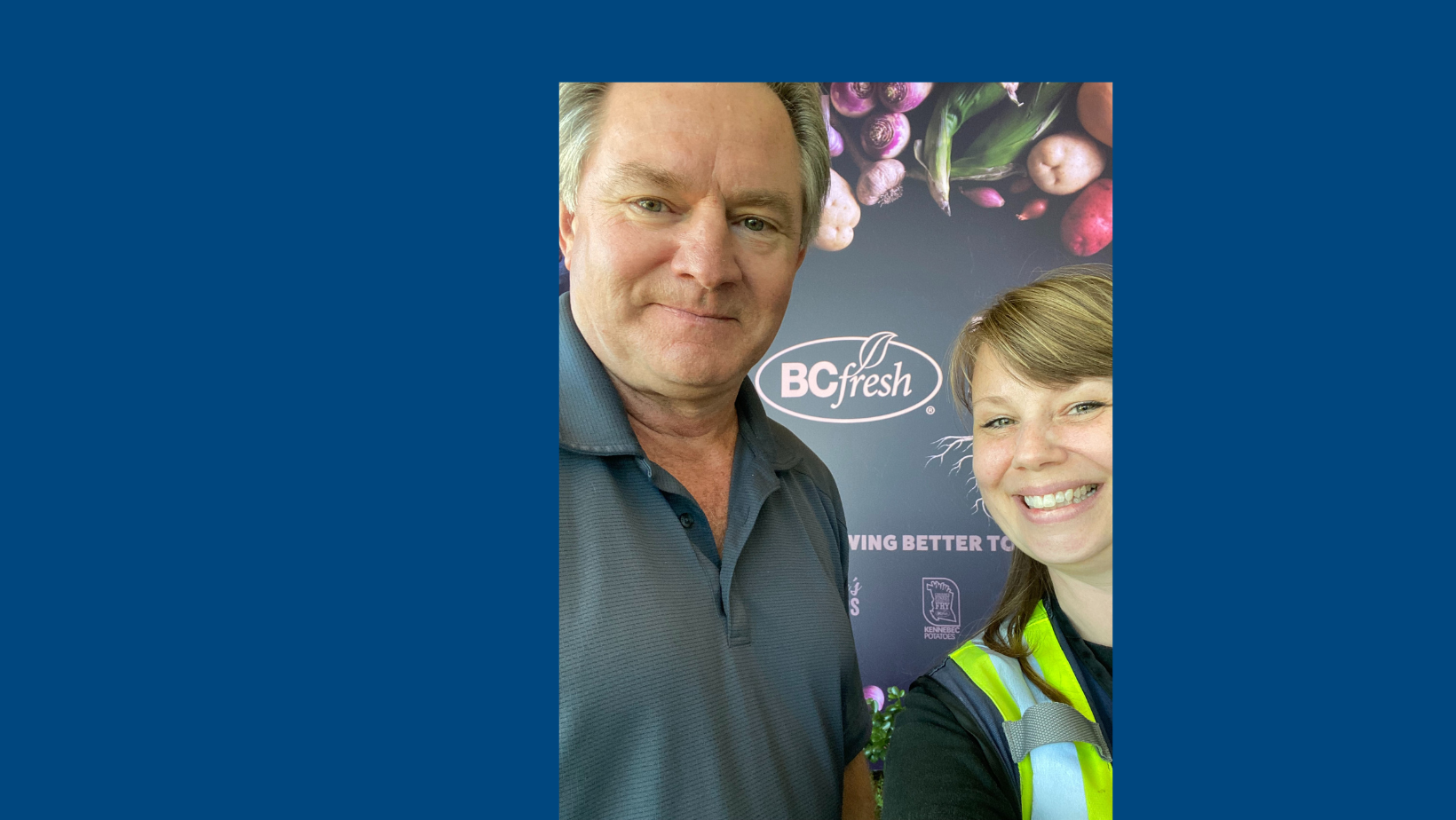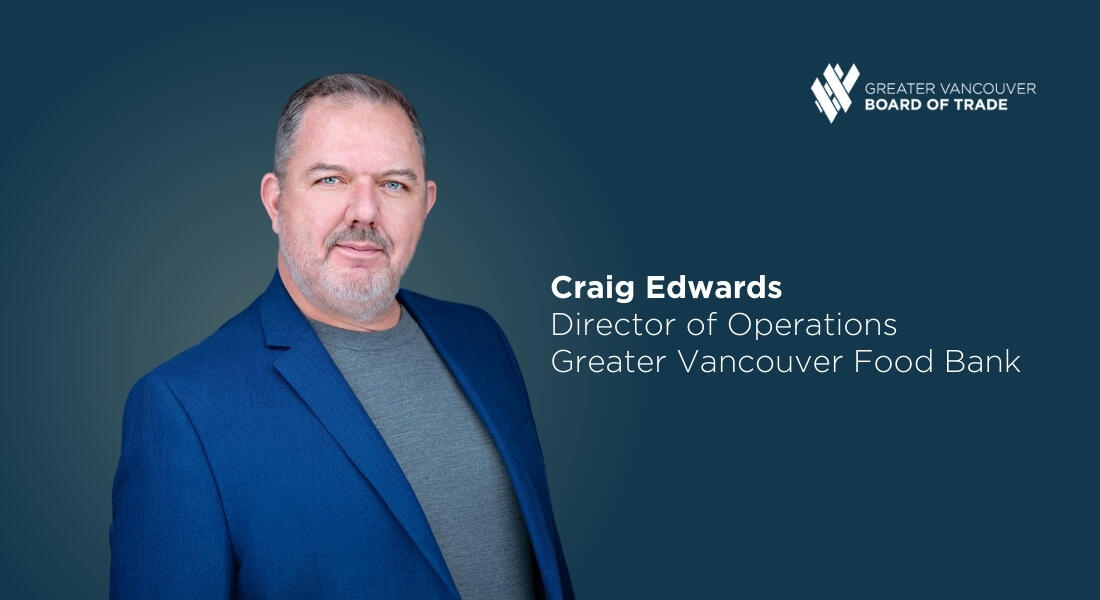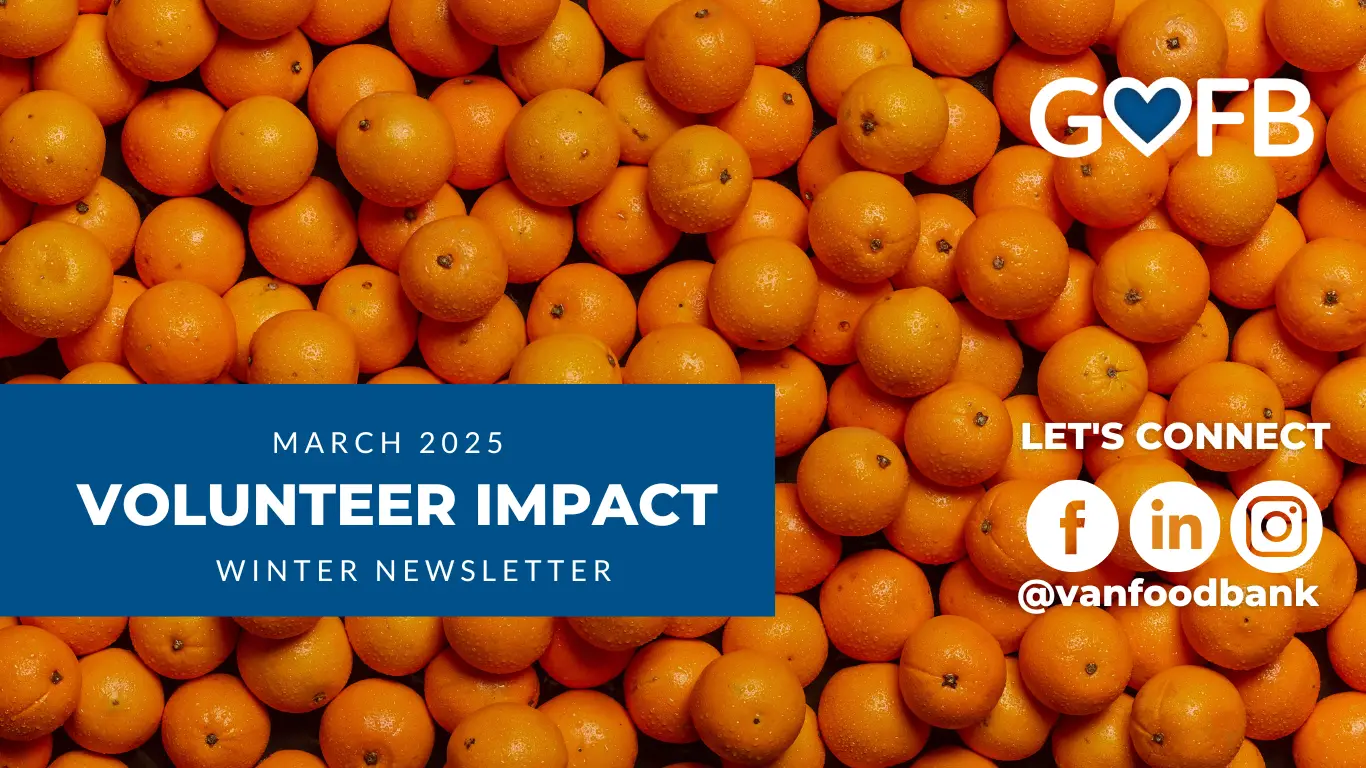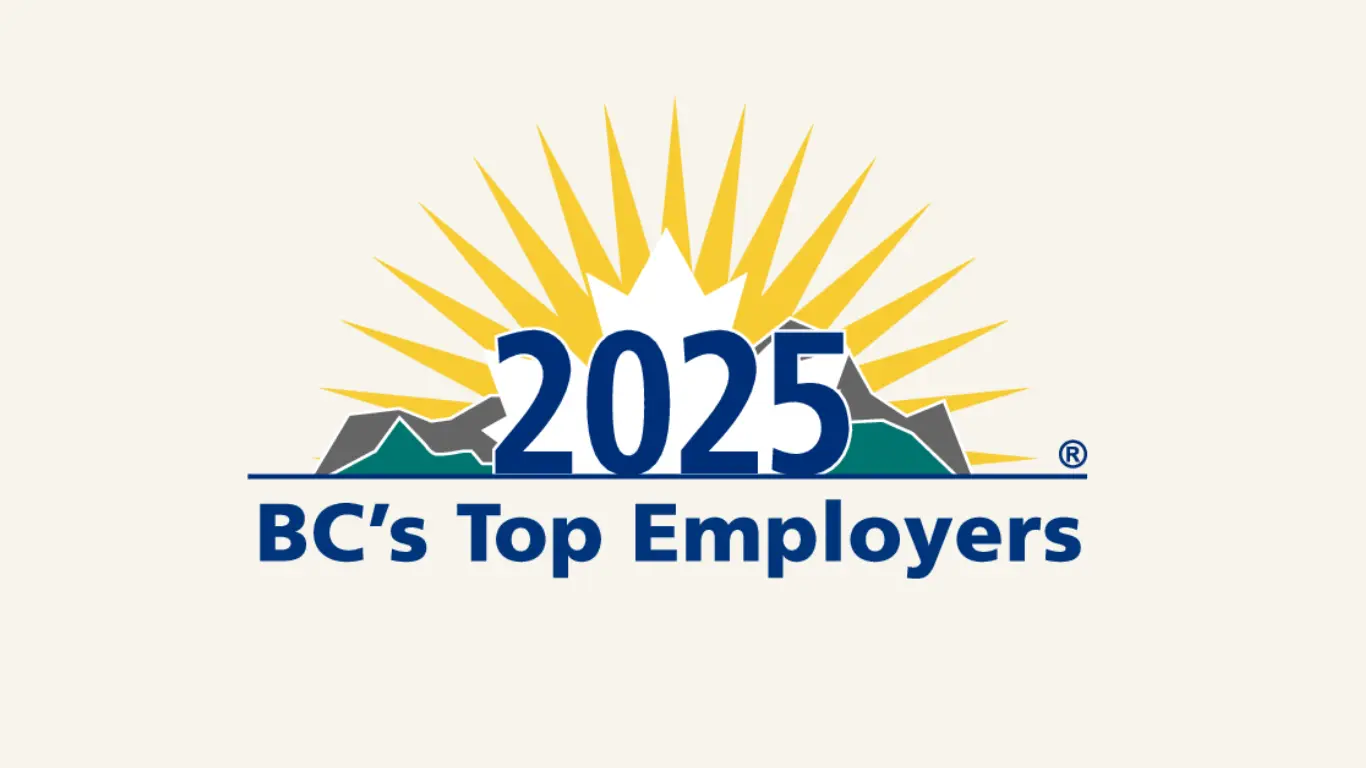By Jenny Peng
Star Vancouver
BURNABY, B. C. — Inside a 40,000-square-foot facility that looks like a Costco warehouse, David Long points out the massive refrigeration capacity, then turns to the loading bay, where those needing donated food can pick up milk, eggs and fruits.
This Burnaby site, where Long is today playing tour guide, is a much-needed expansion for the Greater Vancouver Food Bank.
It’s allowed the food bank to serve 20 per cent more people — making for a total of 28,000 a week who receive some form of assistance.
Long, a former chef and has been CEO of the food bank for 18 months now has had an interesting career trajectory. He was the CEO of Vancouver’s historic private member’s club Terminal City Club.
At the moment, he’s beaming with pride as he recalls a recent conversation with someone who no longer needs the food bank. After six months of relying on its services, she’s found a better paying job, and can afford her own groceries.
That’s the best kind of story, says Long, who is this week’s guest editor for The Star Vancouver.
This interview has been edited for clarity and length.
Have you seen a rise in the number of people use the food bank in the past three-to-five years?
There’s certainly been an increase over the last two or three years — but in the last year we’ve seen a (20 per cent) increase.
People are living paycheque to paycheque, and we actually saw an increase when the price of gas jumped to $1.60, $1.65 (per litre) from when it was $1.40. When you see those fluctuations and it stays, then people are having a tough time.
Who are the people accessing the food bank the most?
Probably 25 per cent of our clientele are children. A lot of what we term as “the working poor” — I can’t think of a better name, but there’s a lot of people who are earning minimum wage that are having a tough time. By the time you pay rent, you pay for a vehicle, there’s not a lot of money left. Approximately 28,000 people a week get some form of assistance for food from the food bank.
Is it concerning that food banks are growing bigger every year?
Absolutely. I wish we weren’t in business. The food bank started many years ago, in the ’80s, and it was meant to be a temporary emergency measure, and it’s not now. The volume and the scope and the size of what we’re doing — I’d love to see a reduction in it.
What are some misconceptions about people who access the food bank?
One of my criticisms when I started (this job) 18 months ago, was that people have this vision of we’re handing out a plastic bag with a box of Kraft dinner. It’s very different from what we actually do. We pay really close attention to nutrition, we have a great relationship with a number of grocery stores, in the Okanagan, we have farmers who actually grow apples and pears and things for us. I can buy fresh apples from the Okanagan for about 35 cents a pound. Whereas, if we went to the store to buy it, it would cost $1.50 or $2 (a pound). So we really try and distribute food that is fresh and wholesome, low in sodium, low in sugar.
Do individual donations make a difference to the food bank?
We couldn’t survive without the public’s donations. As I mentioned, we don’t get any money from government, we’re completely reliant on the public’s donations. We always say if we can get cash it’s better because we have the buying power. But it’s a combination of the big retailers that are very generous, that are supplying a lot of this great food, and it’s in part with the public the donations that they raise.
Some might say going from the CEO of Terminal City Club to CEO of the Greater Vancouver Food Bank.is a big leap. How and why did you want this role?
Originally, I trained as a chef. My responsibility as the CEO of a private club was to maximize the use of their monthly dues to keep the club looking a certain way and to put on activities that will benefit their membership. Really I have the same kind of responsibility here to the donors. I’ve got to make sure that we are maximizing the use of the money that comes in here, to make it go as far as possible.
Are food banks the solution to food insecurity? In Metro Vancouver, food banks are stocking more food, one in five kids goes hungry.
Food insecurity is really just poverty. People don’t have enough money. The amount of food waste there is, nobody should be hungry. It’s just a distribution problem.




